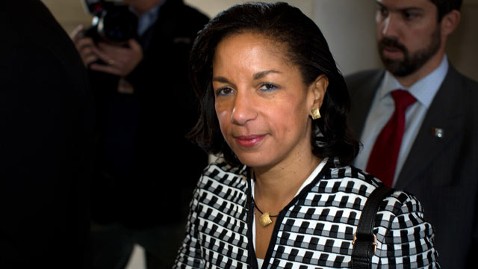NEWTOWN, Connecticut: US police indicated on Saturday they are homing in on the mystery of what triggered the massacre of 20 children and six adults at a school by a young lone gunman.
Police have yet to make public the identities of the dead or almost any of the details of what happened inside Sandy Hook Elementary School just after classes started Friday.
The motives of the shooter, identified by US media as 20-year-old Adam Lanza, were the biggest mystery.
But Connecticut State Police spokesman Lieutenant Paul Vance said detectives in Newtown, a picturesque small town north-east of New York City, had begun to "peel back the onion."
Asked whether any suicide note, emails or other clues to the killer's mind had been found, he said the crime scene "did produce some very - very good evidence in our investigation."
"Investigators will be able to use (this) in hopefully painting the complete picture as to how and more importantly why this occurred," he told a news conference.
Bodies were removed from the blood-soaked school overnight Saturday and relatives were privately given formal identification of the dead.
In addition to the dead in the school, police found a woman's body in the house where Lanza and his mother were believed to have lived.
News reports quoted police saying she was Lanza's mother and that he'd shot her in the face before heading to the school, armed at least with two semi-automatic pistols and a military grade rifle - all registered in his mother's name.
At the school, where a black-clad Lanza concentrated his fire on just two rooms, the child victims were aged between five and 10. Among the dead adults were the school principal.
A new security system had been recently installed, but Vance said the shooter forced his way in to the school.
Police then entered from several points, breaking "many windows" as they frantically tried to get survivors out and to locate the gunman.
Mary Ann Jacob, who works in the school library, told reporters Saturday that she had sheltered 18 children during the mayhem.
"We were locked in our room," she said. "It was hard to keep them quiet. We told them it was a joke. I think they didn't really know what was going on."
Amid a flurry of rumours about how the murders played out, NBC reported that Lanza may have had an altercation earlier with four school staff, and that three of them were among the slain.
Late Friday, as darkness fell over the town, locals gathered for a church vigil, spilling onto the street in large numbers.
"This is a kind of community, when things like that happen, they really pull together," the priest, Robert Weiss, said during the Roman Catholic Mass.
A letter from Pope Benedict XVI was also read during the service.
The pope "has asked me to convey his heartfelt grief and the assurance of his closeness in prayer to the victims and their families, and to all affected by the shocking event," Vatican Secretary of State Tarcisio Bertone said.
"Our faith is tested," state Governor Dan Malloy told the congregants. "Not just necessarily our faith in God, but our faith in community, and who we are, and what we collectively are."
President Barack Obama, wiping away tears and struggling to maintain his composure, said Friday he was aghast over the tragedy.
There were similar statements of grief and shock around the world.
The head of the European Commission, Jose Manuel Barroso, spoke of his "deep shock and horror," Britain's Queen Elizabeth II sent a message to Obama in which she said she was "deeply shocked and saddened," and French President Francois Hollande expressed his condolences to Obama, saying the news "horrified me."
Of all US campus shootings, the toll was second only to the 32 murders in the 2007 massacre at Virginia Tech university.
The latest number far exceeded the 15 killed in the 1999 Columbine High School massacre, which triggered a fierce but inconclusive debate about the United States' relaxed gun control laws.
However, the White House on Friday scotched any suggestion that the politically explosive subject would be quickly reopened.
- AFP/de












